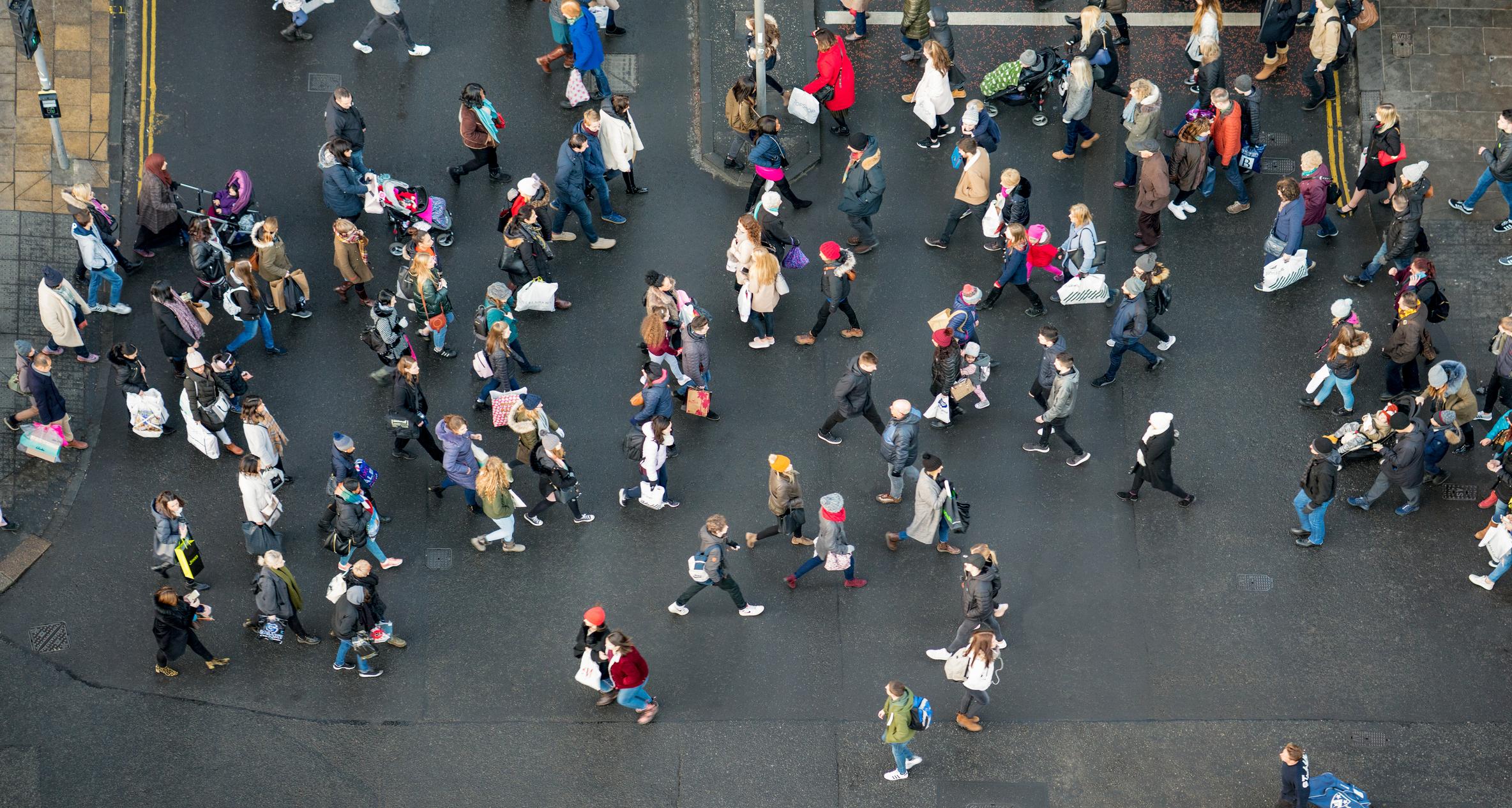Why do people think inequality is worse than poverty?
In a contribution to the JRF's 'social evils' series, author and journalist Jeremy Seabrook discusses the theme of 'inequality'.
In 2007 the JRF asked the British public for their views on what constituted a 'social evil'. In this Viewpoint, Jeremy Seabrook explores one aspect raised by many respondents - the problems created by an unequal society. He discusses:
- inequality versus poverty as the main issue in British society;
- the impact of capitalism and extraordinary imbalances in wealth;
- the effect of globalisation;
- the importance of contentment with little money.
Summary
The JRF's recent public consultation revealed a strong sense of unease about some of the changes shaping British society. This Viewpoint continues the discussion about modern ‘social evils’ on the theme of ‘inequality’. Jeremy Seabrook argues that, in the face of extraordinary imbalances in society, the myth that accumulating wealth is the supreme human purpose needs to be replaced before any improvement will occur.
Key points
- Society more or less faithfully reflects profound natural and human made inequalities.
- After the Second World War, a vast increase in wealth and a general rise in living standards reduced the number of poor people to pockets in the inner city and in ex-urban estates.
- Capitalism has led not only to intolerable pressure on the resource-base of the earth, but also to extraordinary imbalances in wealth. Government efforts to mitigate poverty fail to close the gap between the status of the poorest and those favoured by extravagant market-driven rewards.
- The consistent discrediting of collective action over the past two generations has been a major contributor to the unequal society.
- Absolute equality is an impossible aim and, like absolute inequality, has led to extreme 'nightmare' societies.
- With globalisation, two-thirds of Britons now belong to a global middle class, and the poor are in a minority. Mass poverty in the 'developed' world has been much mitigated.
- The problem is that while extravagant rewards are now reaped at the top, those at the bottom live at a level of deprivation which makes inequality as unacceptable as the poverty of the majority at an earlier time.
- If inequality is ineradicable, can we consider a fairer distribution of wealth, goods and services?
- Inequality has historically seemed more abstract than poverty, so poverty has been the primary focus of campaigners and social reformers.
- A different narrative is required: the story of quiet satisfactions, contentment with sufficiency and admiration for those who declare how much humanity can do with little money.

This report is part of the public attitudes topic.
Find out more about our work in this area.